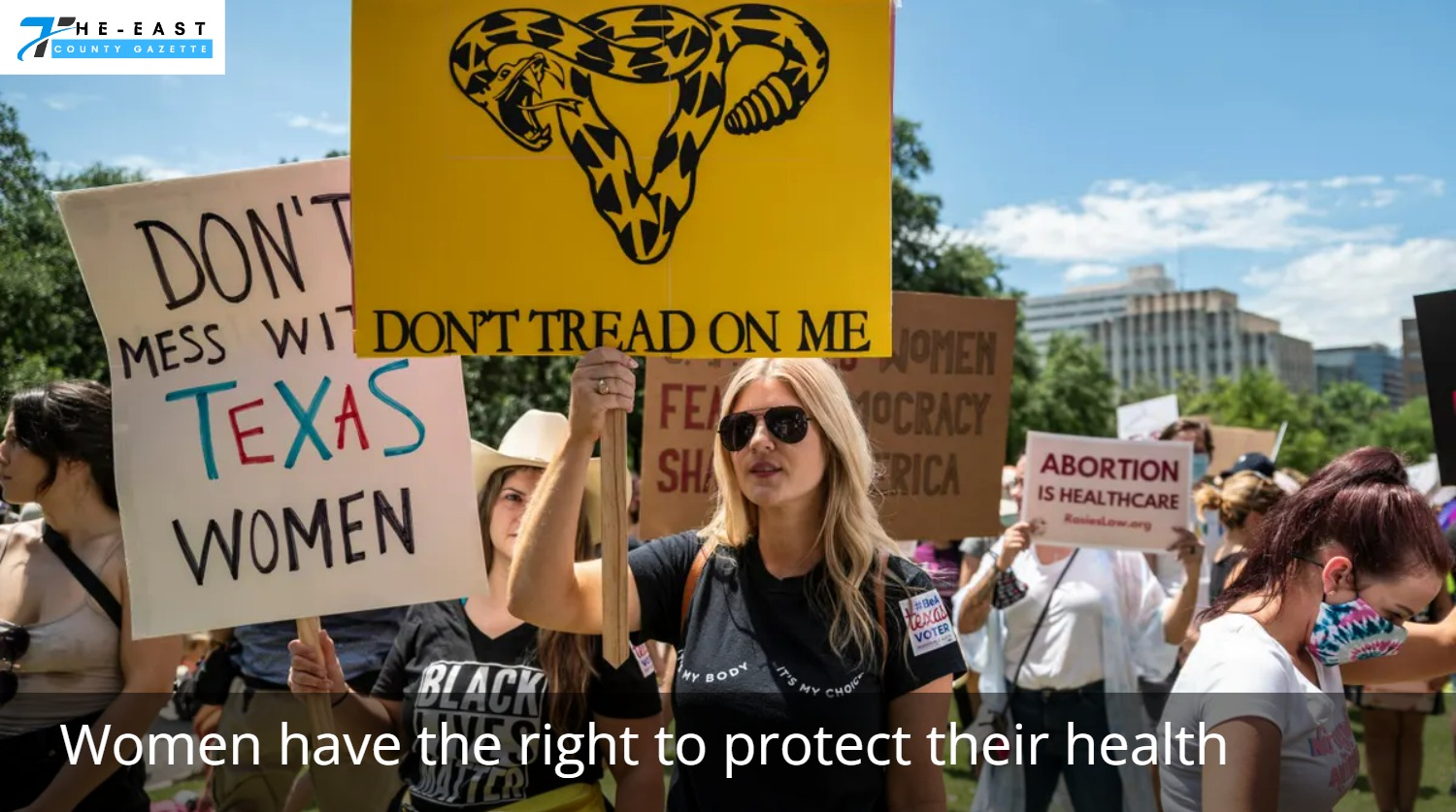On Thursday, the only complaint against a healthcare provider in Texas for violating the state’s citizen-enforced abortion ban was dismissed by a judge who said he would not hear the case since the plaintiff had no relation to the alleged crime.
For Texas’ Senate Bill 8, which made it illegal to provide medical assistance for an abortion beyond the sixth week of pregnancy last year, this verdict is the first real test of its constitutionality.
The courts upheld the statute because of its novel enforcement mechanism, which allows private persons rather than the state to file lawsuits against those who violate it. Before the Supreme Court reversed Roe v. Wade, Texas and other red states had already passed tighter abortion bans, which the ban effectively legalized.
Center for Reproductive Rights CEO and president Nancy Northup called the ruling a “major triumph” against S.B. 8’s bounty-hunting plan
 But as Judge Aaron Haas of Bexar County made plain in his ruling on Thursday, regular people who want to cash in on the state’s $10,000 reward for reporting abortions may have to jump through some hoops first. “The court rejected the premise that Texas can allow a person with no connection to an abortion to sue,” Northup said.
But as Judge Aaron Haas of Bexar County made plain in his ruling on Thursday, regular people who want to cash in on the state’s $10,000 reward for reporting abortions may have to jump through some hoops first. “The court rejected the premise that Texas can allow a person with no connection to an abortion to sue,” Northup said.
They were a part of the legal team representing the defendant doctor, Alan Braid, who admitted in an opinion piece for The Washington Post in 2021 that he had violated S.B. by executing an abortion on a patient in her first trimester, eight weeks after the statute went into force.
Felipe Gomez, a disbarred former Chicago attorney with no ties to Braid or the patient he treated, filed suit against Braid shortly after the article appeared in print. A year ago, “when I gave my patient the treatment she required, I was doing my responsibility as a physician,” Braid said in a statement released Thursday.
“It breaks my heart that Texans still lack access to basic health care in their home state and that providers are reluctant to do their jobs.” On Thursday, Judge Haas ruled that a plaintiff must show they were personally affected by the abortion to suit on constitutional grounds.
Although his finding does not invalidate S.B. 8, the Center for Reproductive Rights is optimistic that it will set a significant precedent preventing other bystanders from following in Gomez’s footsteps.
source: yahoo.com

